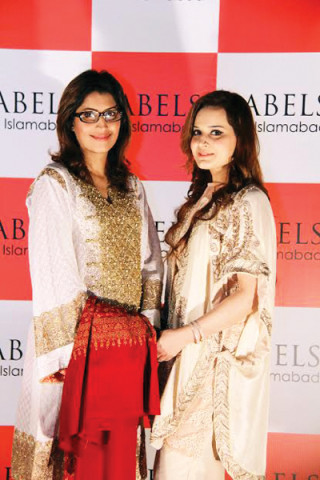
Despite abundance of local luxury clothing brands, there are a number of retailers who have brought established and budding designers from across the country, all under one roof. These multi-label emporiums are the ultimate spot for a fashionista. But the growing prevalence of these stores could reduce the scope for individual designer outlets in the market.
CEO of multi-designer store Labels and retailer Zahir Rahimtoola comments on the trending concept of multi-label store. “Dynamics of fashion retail are changing rapidly as opposed to multi-brand stores or retail distributors in the past. First, there are the standalone stores, second, there are mass fashion retailers, and third, there are e-commerce associates in this business,” he says.

Rahimtoola predicts, “Standalone brands will enjoy the upper end of the business, mass fashion retailers will have a large share in the market, with only the best multi-brand stores remaining on the map.” He feels other cities in the country will experience growth of multi-brand stores because consumers need avenues were diverse fashion items are readily accessible.
Designer Sonya Battla believes in the exclusive showcase of her collections in Karachi. She owns stores on Zamzama and E-street in Clifton, with her latest store Kaju located in the retail hub Dolmen Mall, Clifton. “It all depends on how you want to carry out your business. I have never stocked anywhere else,” she shares, adding that she will refrain from selling her pieces through vendors in Karachi. But she states, “Labels recently launched its franchise in Islamabad and that struck my attention. It’s a good market there, where I can showcase my western silhouettes with eastern work. I hope that works out for me.”

Deepak Perwani feels multi-label stores provide designers with a favourable avenue. He has been stocking his collections for years at Ensemble. “Anywhere works for me,” says Perwani, but goes on to clarify that, “At a multi-label store, there’s just a rack where you can place your capsule collection. The standalone store is the actual identity of designers.” He further says, “That’s where their strength in the market lies in terms of their individual clientele. Everything really happens there.”
Fashion designer Warda Saleem, known for her lawn collections and accessories for women, believes in a future with multi-label stores. “We stock at several outlets across Karachi and Islamabad and, on the global front, in Dubai. We plan on continuing to do so,” she shares. In the coming year, however, she plans on launching her own store. But even then, she will continue to stock her items at multi-label stores. “We need to stock elsewhere to increase the accessibility and availability of items. A multi-brand store saves cost troubles for a designer,” she holds.
Rahimtoola, whose store has become a global retail destination, says, “Given the unique market dynamics of Pakistan, the more designers are able to sell through multi-brand retail stores or even their standalone stores, the faster they will be able to turn the inventory around. Because the more you sell, the better it is.”
Published in The Express Tribune, October 27th, 2014.
Like Life & Style on Facebook, follow @ETLifeandStyle on Twitter for the latest in fashion, gossip and entertainment.


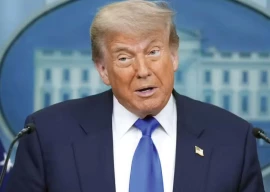



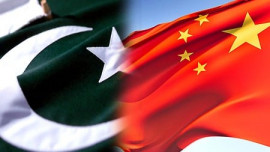
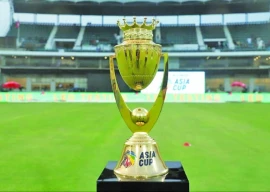
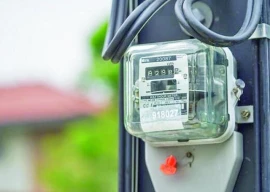
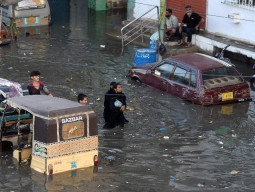

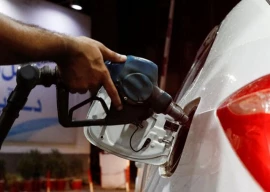






COMMENTS
Comments are moderated and generally will be posted if they are on-topic and not abusive.
For more information, please see our Comments FAQ